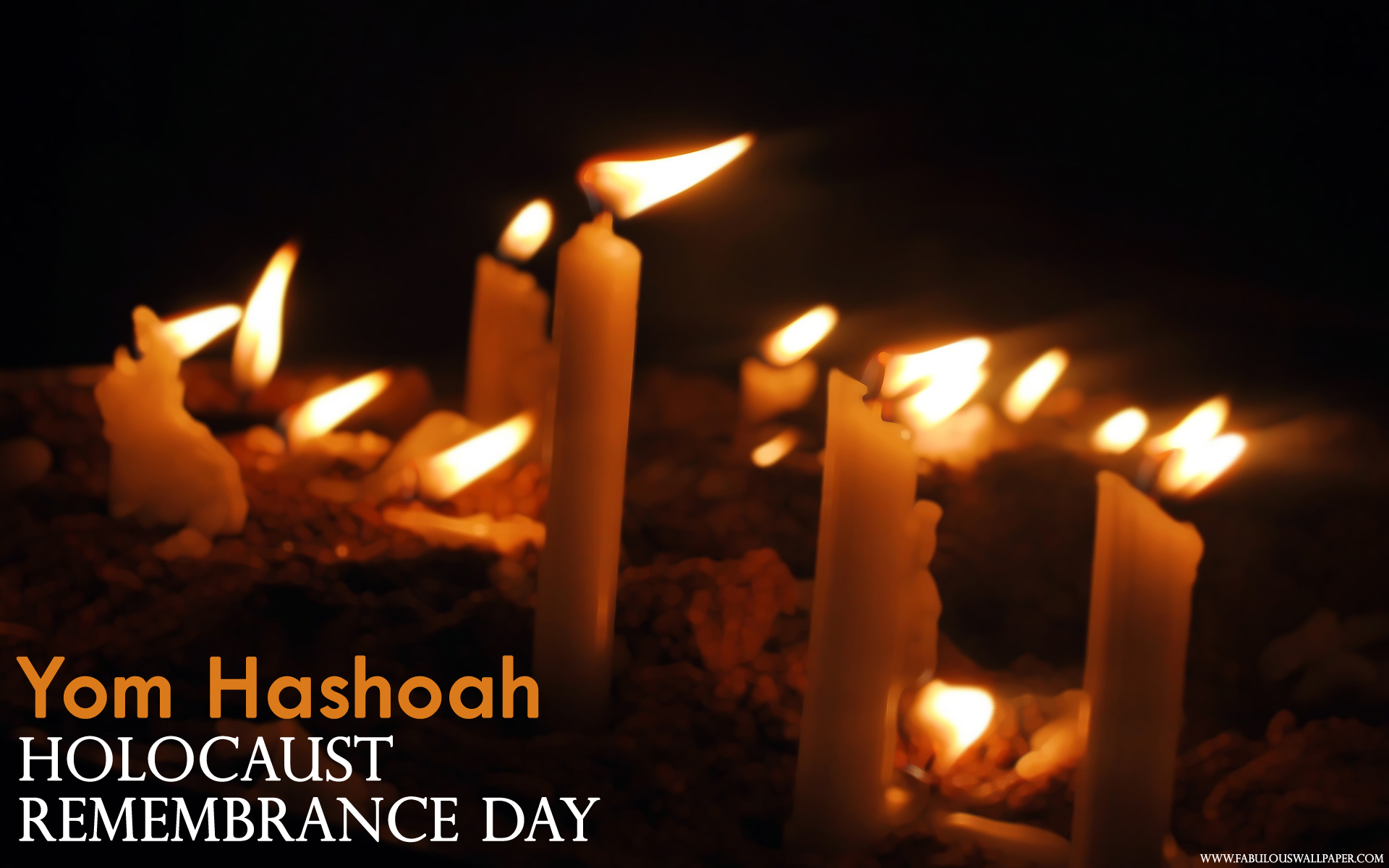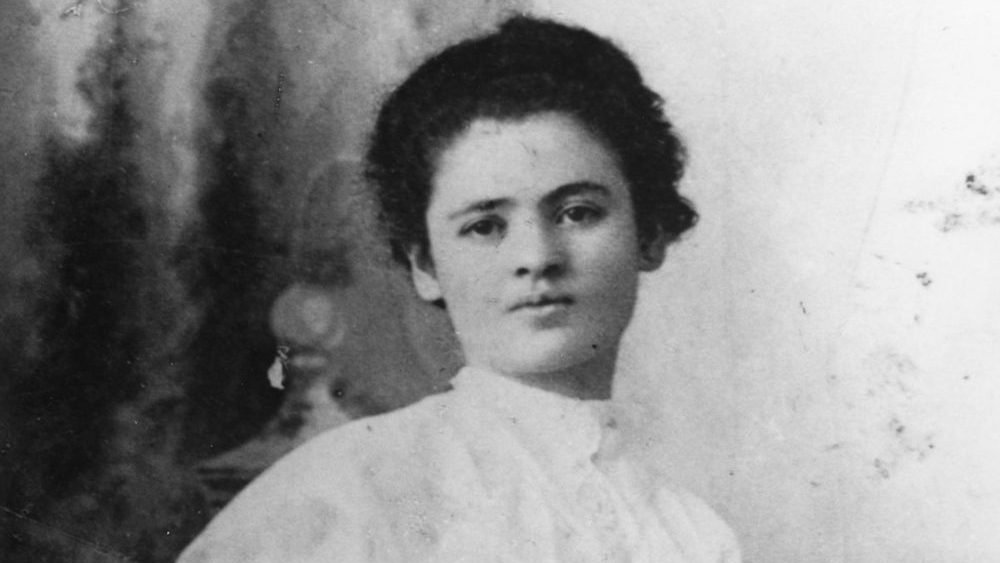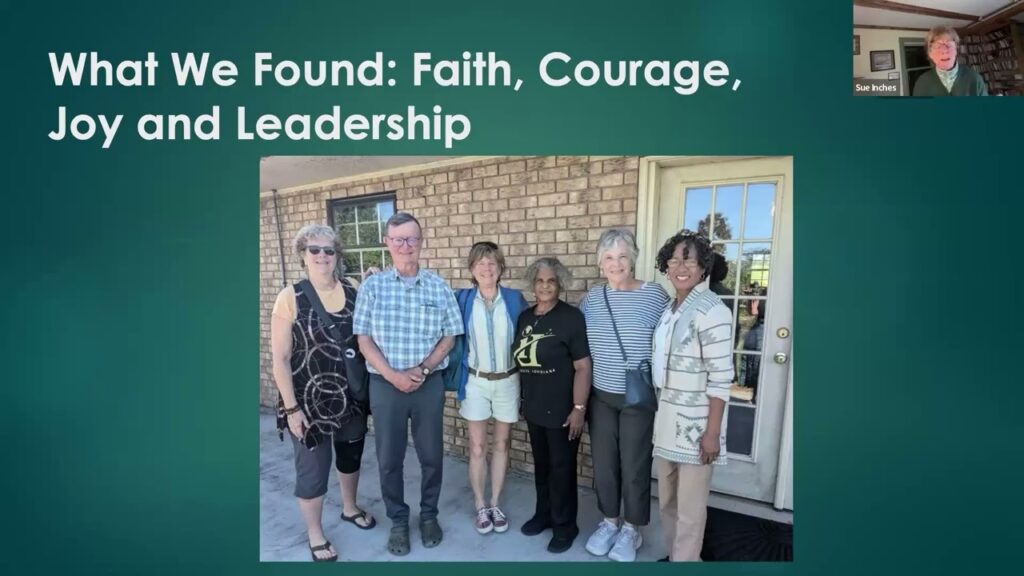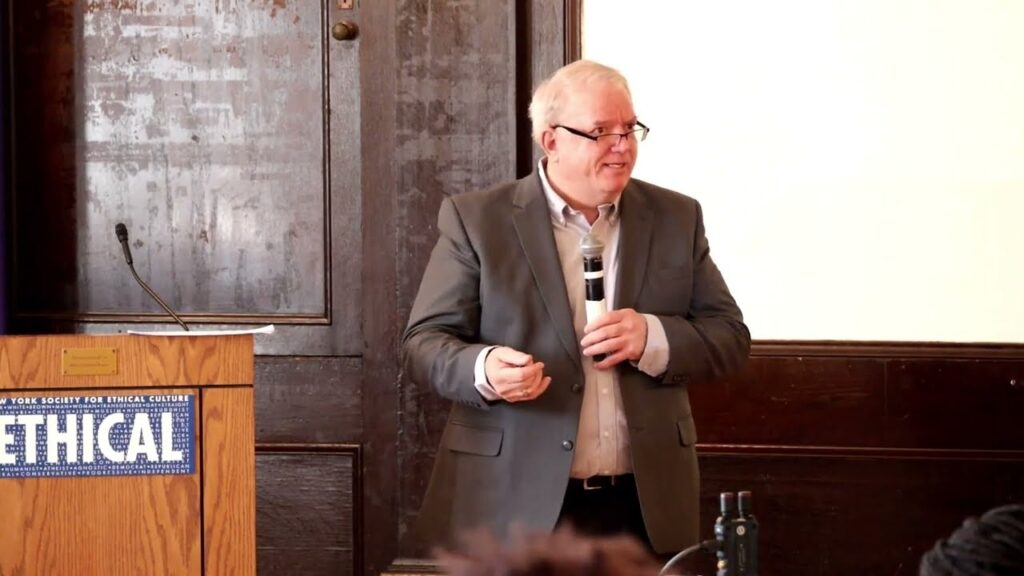
“When the Nazis come knocking at our door, our children will be Jewish enough!” My husband was venting about comments he had heard from Orthodox Jews at his office. Behind his back, they were saying that he wasn’t “Jewish enough” because he was married to a non-Jew and was raising his children in Ethical Culture.
Finance and taxes can be arcane subjects, attracting studious minds. Orthodox Jews who grow up engaging in Talmudic discourse are well suited for them, and working for the city means they can leave on time for Sabbath observance. Some who worked in Glenn’s department judged him harshly. Usually he shrugged it off, but on this day it really stung: “Who are they to decide who’s Jewish and who isn’t? Have they learned nothing from the Holocaust?”
I remembered this story from years ago as I thought about Yom Hashoah – Holocaust Remembrance Day – which falls on Sunday, April 27, this year. In Israel, it is a national memorial day, inaugurated in 1953. Although there is no institutionalized ritual, most Jewish communities hold a solemn ceremony, lighting candles and reciting the Kaddish or mourner’s prayer.
There are different lessons for different people. Glenn and I learned that it is our responsibility to make the world safe for everyone, a world where human rights are not only words in a United Nations document (http://www.un.org/en/documents/udhr/), but a living reality for all. We raised our children to embrace diversity and reach across boundaries, to listen with open hearts and minds, to act with compassion.
Some of the people in Glenn’s office learned that the world will always be dangerous for them and their children. Clear lines must be drawn to identify who belongs and who doesn’t, whom to trust and whom to fear. Theirs is an insular world where harsh lessons protect them.
I understand.
As a woman, I experience discrimination and continue to fight for equal rights and reproductive justice, but my life has never been threatened because of my identity. I live a privileged life: U.S. citizen, white, educated, middle-class, married with two children. Humanists may not be understood or accepted in many circles, but our government does not seek to imprison or exterminate us. Still, we can empathize with those who have suffered and continue to suffer because powerful people and strong cultural forces deem them less than human.
The term “genocide” didn’t exist before 1944. It was formed by Raphael Lemkin, a Jewish jurist born in Poland, exposed to anti-Semitic pogroms and aware of the Ottoman attacks against Armenians, who combined geno-, from the Greek word for race or tribe, and –cide, from the Latin word for killing. On December 9, 1948, due to Lemkin’s tireless efforts, the United Nations approved the Convention on the Prevention and Punishment of the Crime of Genocide and defined this new international crime as:
“any of the following acts committed with intent to destroy, in whole or in part, a national, ethnical, racial or religious group, as such:
(a) killing members of the group;
(b) causing serious bodily or mental harm to members of the group;
(c) deliberately inflicting on the group conditions of life calculated to bring about its physical destruction in whole or in part;
(d) imposing measures intended to prevent births within the group;
(e) forcibly transferring children of the group to another group.”
The Holocaust forced the world to recognize the crime that had been committed against humanity: Jews, Romanies, homosexuals, the physically and mentally disabled, communists and socialists, among other groups. Lemkin gave it a name, and the United Nations outlawed it. Yom Hashoah commemorates this history. It calls us to also add to this history the killing of Bosnian men and boys by Serbian forces, of Tutsis by Hutus in Rwanda, and of Darfuris by Arab militias in western Sudan.
Today we can confront genocide and bear witness to atrocities still being committed against Dalits who are fighting “untouchability” in India, the Muslim Rohingya who are gathered into concentration camps in Burma, and displaced persons in the Central African Republic. Visit the United States Holocaust Memorial Museum at http://www.ushmm.org/confront-genocide to learn more. We must learn from the past not only to understand and empathize, but to take action.








